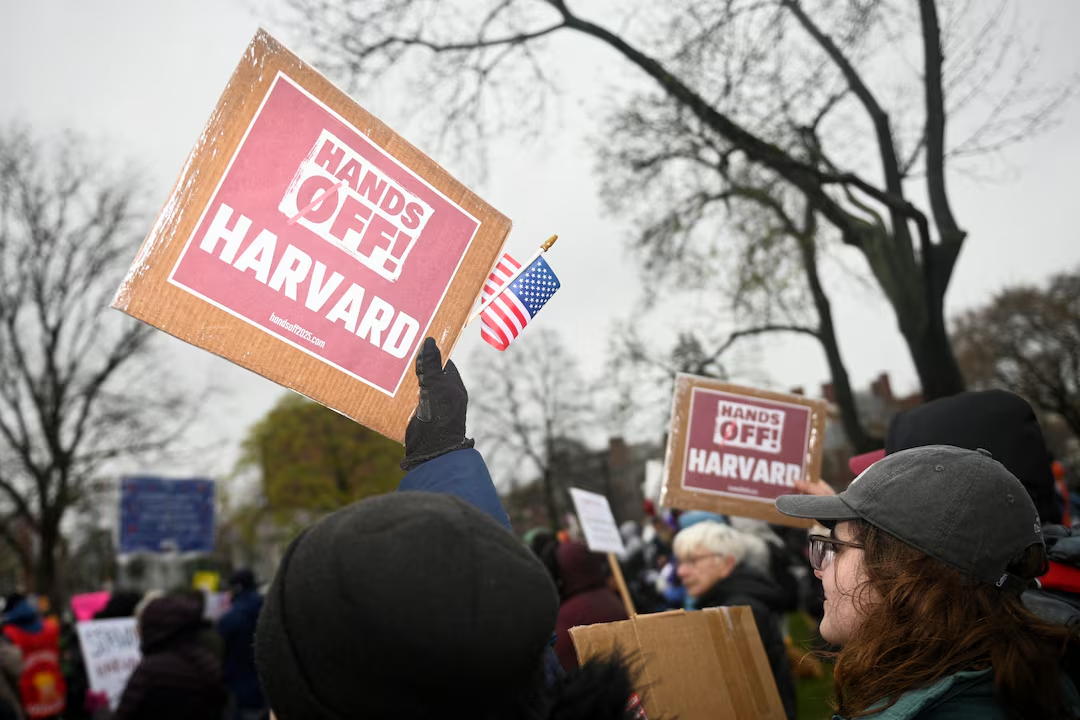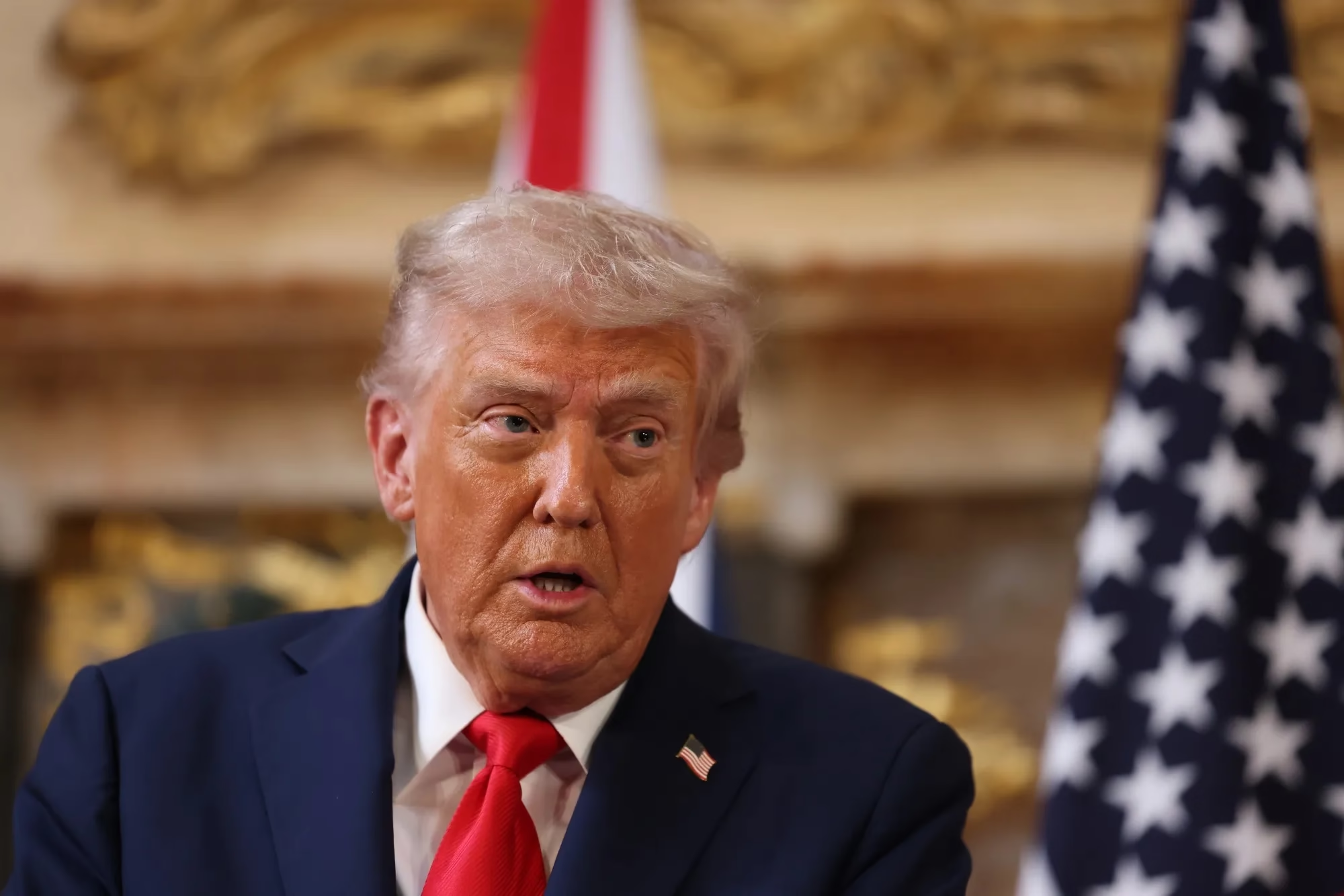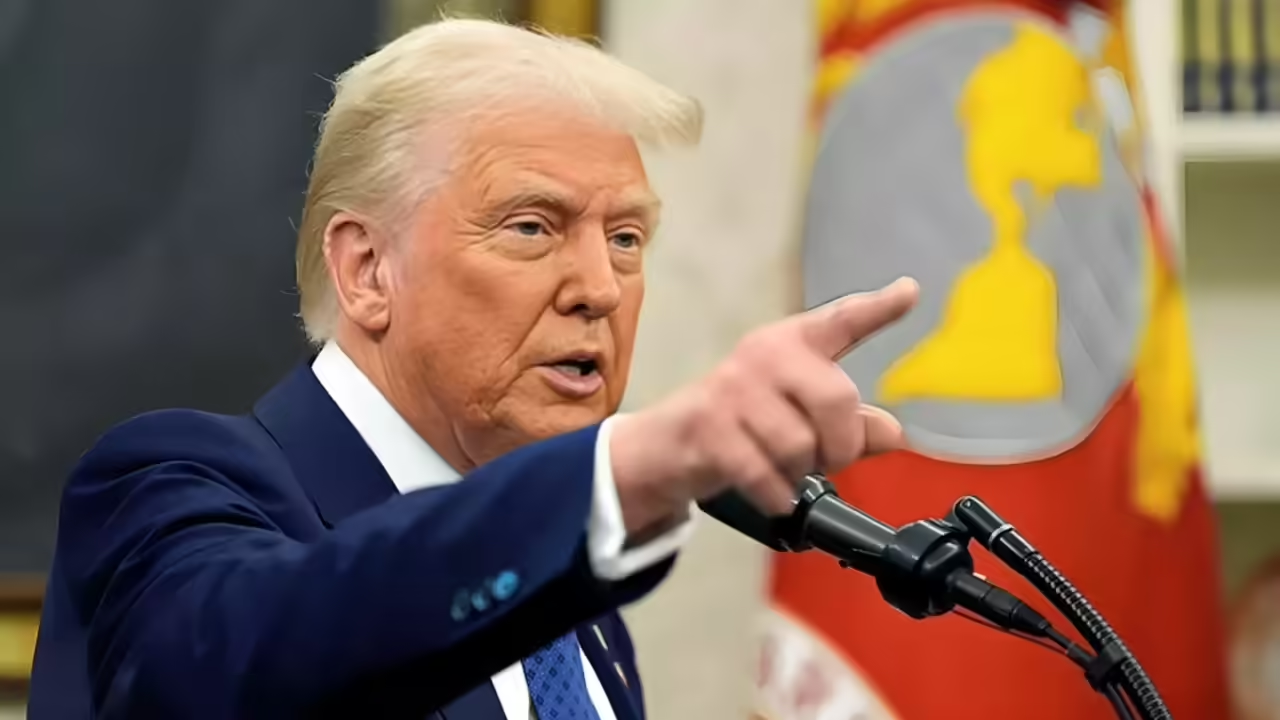The federal government has announced a freeze on $2.2 billion in grants and $60 million in contracts to Harvard University after the school refused to comply with policy demands from the Trump administration. The move marks one of the most significant escalations yet in the administration’s broader campaign to reshape higher education.
The announcement, made on April 14, came just hours after Harvard publicly rejected a list of federal directives. The administration had called for the university to eliminate its diversity, equity, and inclusion (DEI) programs, ban the use of masks at protests, and overhaul departments accused of fostering antisemitic harassment—conditions tied to the continuation of federal funding.
A U.S. Department of Education task force on combating antisemitism issued a statement confirming the freeze, accusing Harvard of exhibiting a “troubling entitlement mindset” by expecting federal support without accepting what the government characterized as civil rights responsibilities.
“Harvard’s statement today reinforces the troubling entitlement mindset that is endemic in our nation’s most prestigious universities and colleges,” the task force said.
In a strongly worded letter to administration officials earlier that day, Harvard’s legal team asserted that the university would not “surrender its independence or relinquish its constitutional rights.”
“Neither Harvard nor any other private university can allow itself to be taken over by the federal government,” the letter read. “Accordingly, Harvard will not accept the government’s terms as an agreement in principle.”
Clash Between Trump and Higher Ed Intensifies
Harvard’s firm stance positions it as the highest-profile institution yet to defy the Trump administration’s sweeping efforts to exert federal control over universities. President Trump has repeatedly threatened to pull federal funding from major institutions—including Princeton, Brown, Cornell, Northwestern, and Columbia—if they do not comply with new requirements centered on campus conduct, student safety, and ideological reforms.
Last month, the administration revoked $400 million in funding from Columbia University, accusing it of failing to adequately address antisemitism and unrest tied to pro-Palestinian protests. While Columbia made concessions to restore its funding, it faced backlash for appearing to bow to federal pressure.
Trump has denounced campus protesters as antisemitic and sympathetic to Hamas, framing them as national security threats.
Harvard Defends Academic Freedom
Harvard President Alan Garber responded to the administration’s actions in an email to the university community, warning that the government’s demands threaten both institutional independence and constitutional freedoms.
“Although some of the demands outlined by the government are aimed at combating antisemitism, the majority represent direct governmental regulation of the ‘intellectual conditions’ at Harvard,” Garber wrote.
He emphasized that many of the proposals “go beyond the power of the federal government” and infringe on First Amendment rights.
“It threatens our values as a private institution devoted to the pursuit, production, and dissemination of knowledge,” he said.
With a Republican trifecta in Washington, the Trump administration has signaled that a new era of federal oversight of higher education is underway—one that is likely to further inflame tensions between government officials and academic institutions nationwide.



